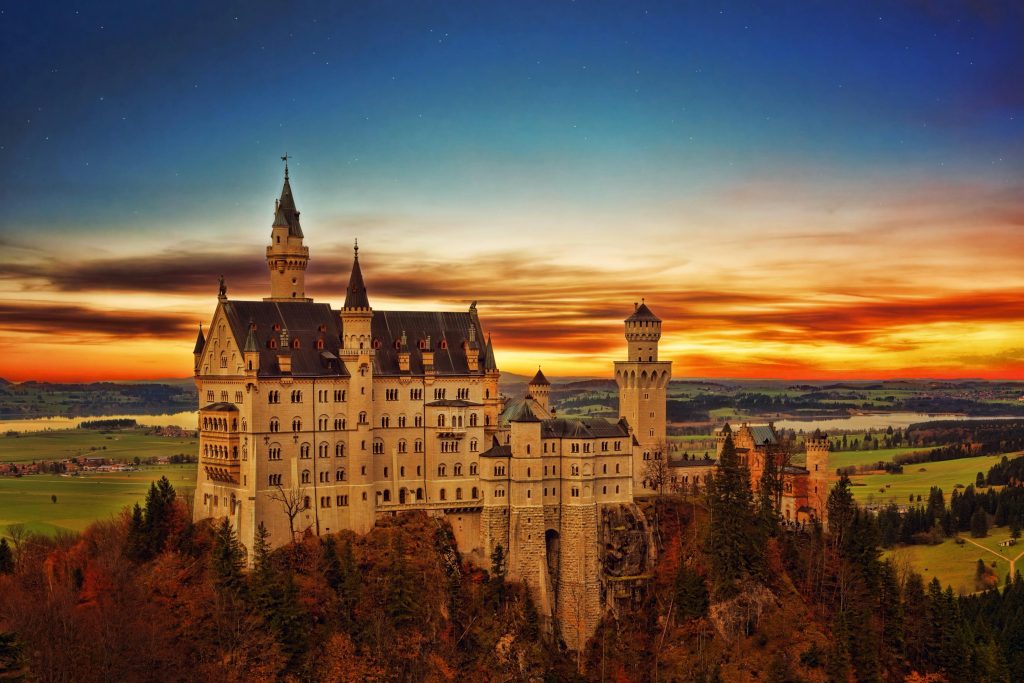
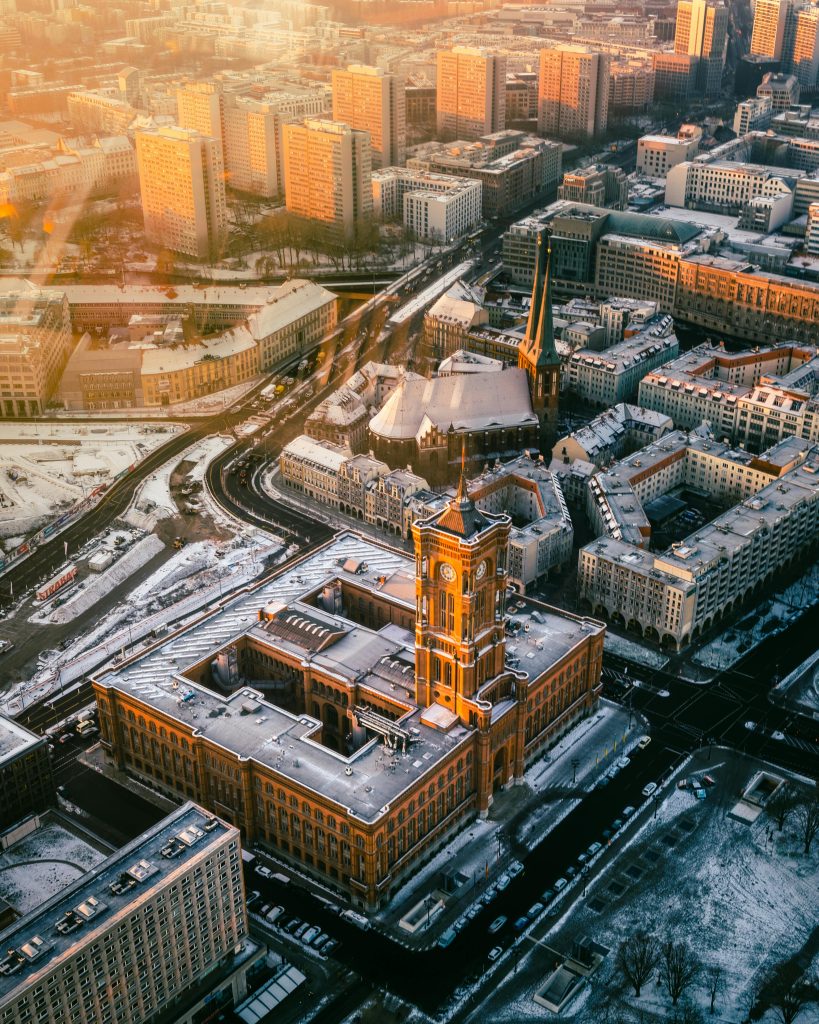
Berlin, the capital of Germany, is a dynamic and vibrant city known for its rich history, cutting-edge culture, and diverse atmosphere. Once divided by the Berlin Wall, the city now stands as a symbol of reunification and progress.
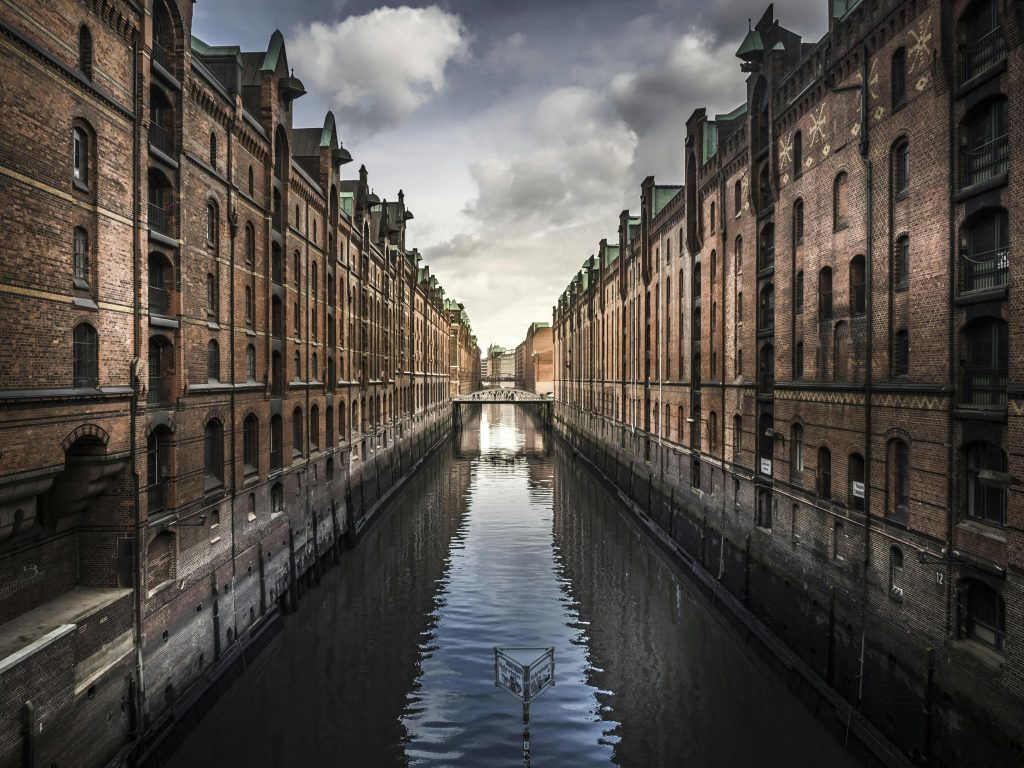
Hamburg, Germany’s second-largest city, is a bustling port metropolis known for its maritime charm and vibrant culture. Located on the Elbe River, Hamburg boasts stunning waterfront views, historic warehouses in the Speicherstadt district, and the modern architectural marvel of the Elbphilharmonie concert hall.
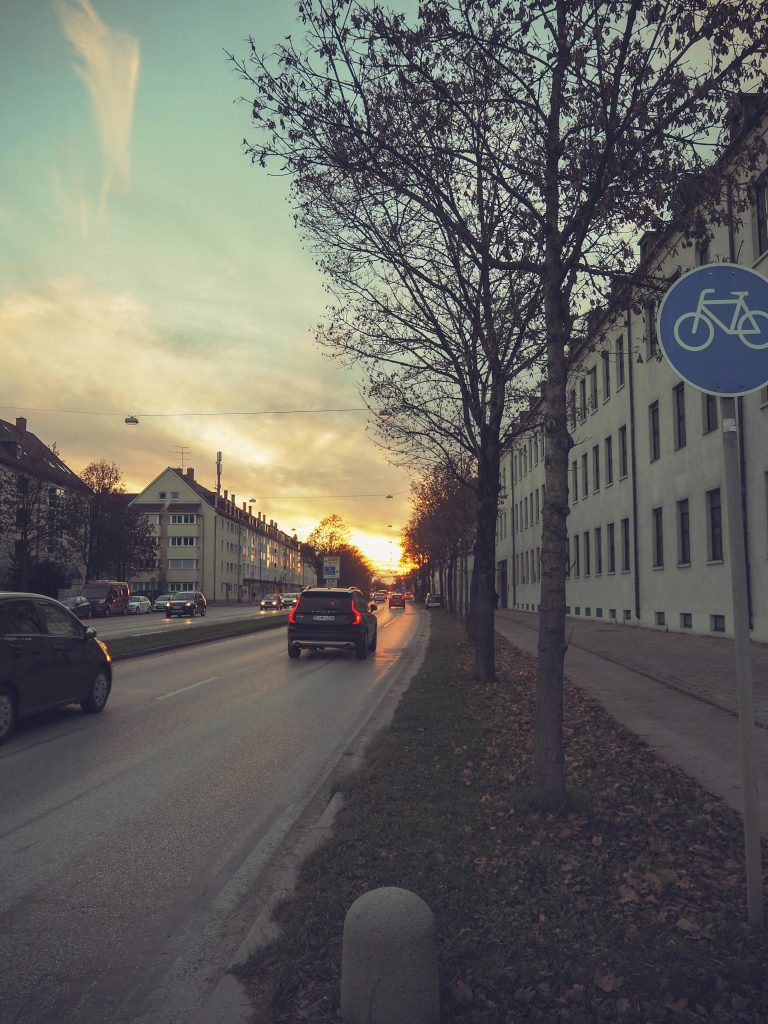
Munich, the capital of Bavaria in southern Germany, is a city known for its rich culture, stunning architecture, and warm hospitality. Famous for its annual Oktoberfest celebration, Munich is a hub of Bavarian tradition and lively festivals.
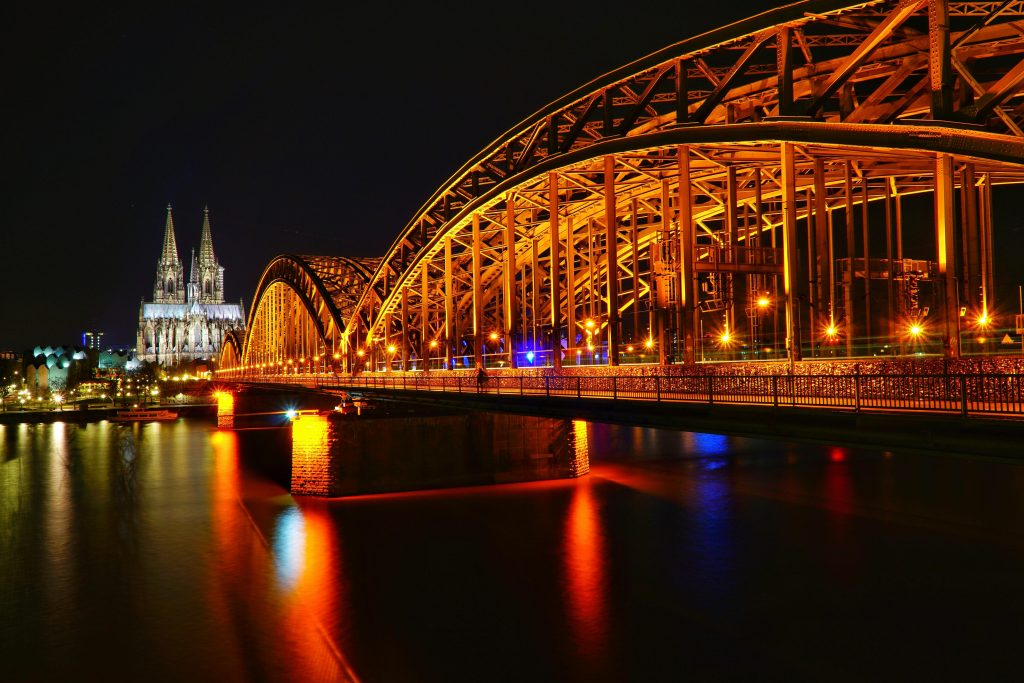
Cologne, or Köln, is a vibrant city in western Germany known for its impressive history and cultural richness. The city’s iconic landmark is the Cologne Cathedral, a stunning Gothic masterpiece and UNESCO World Heritage Site.
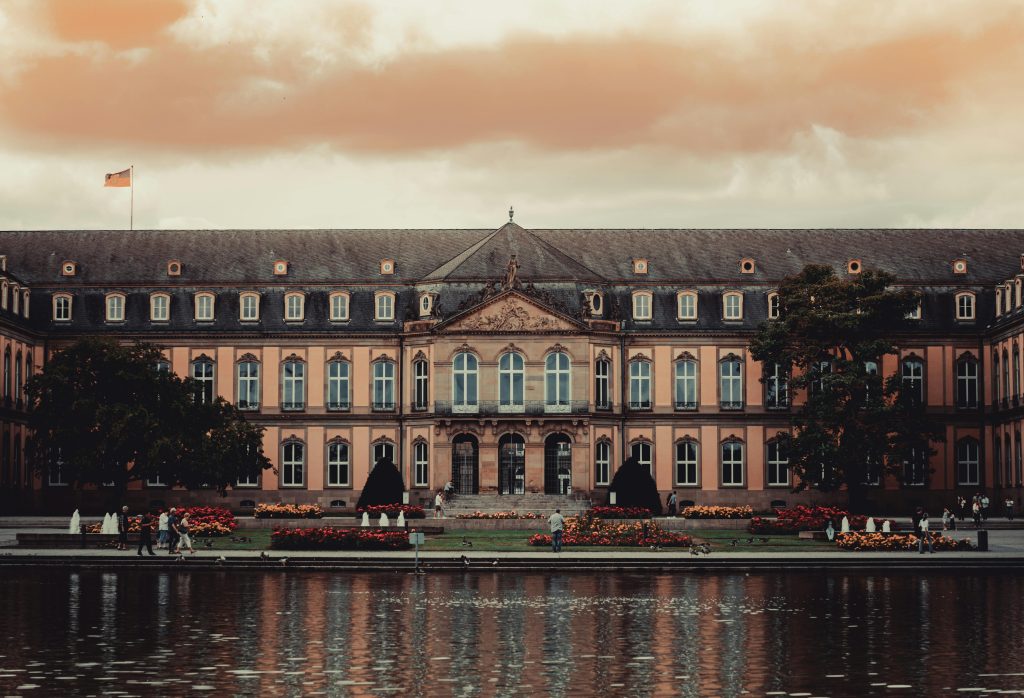
Stuttgart, the capital of Baden-Württemberg in southern Germany, is a city known for its innovation, lush green spaces, and rich cultural heritage. Renowned as the birthplace of the automobile, it hosts the Mercedes-Benz and Porsche museums, showcasing its legacy in engineering and design.
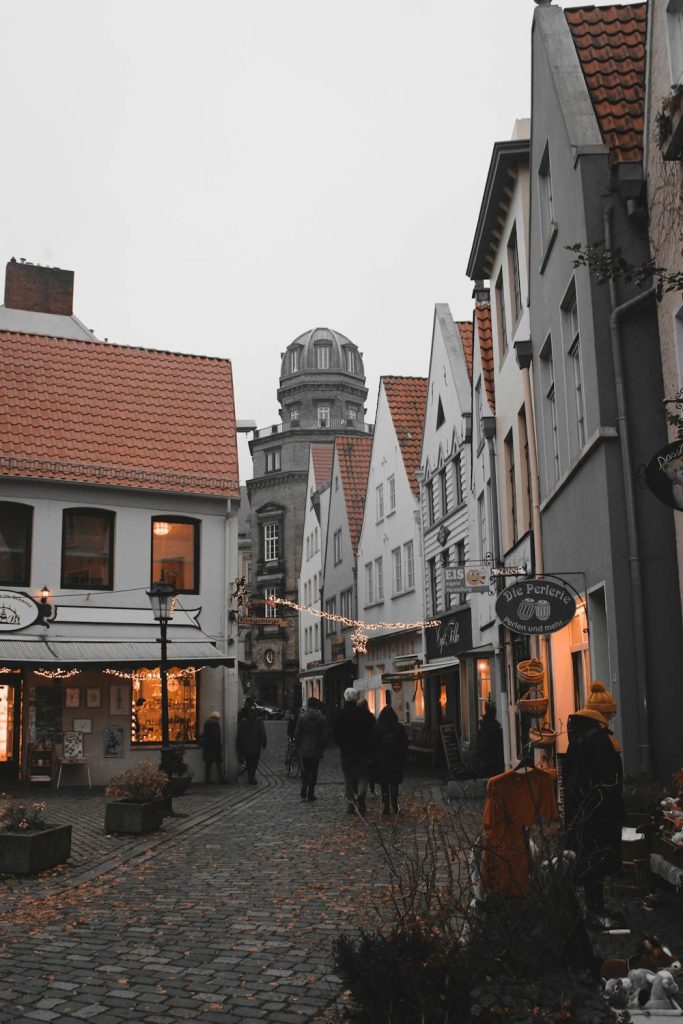
Bremen, a historic city in northern Germany, is known for its charming medieval architecture and rich cultural heritage. Famous for the Brothers Grimm fairy tale, The Town Musicians of Bremen, the city features the iconic Bremen Town Musicians statue and the beautiful UNESCO-listed Town Hall.
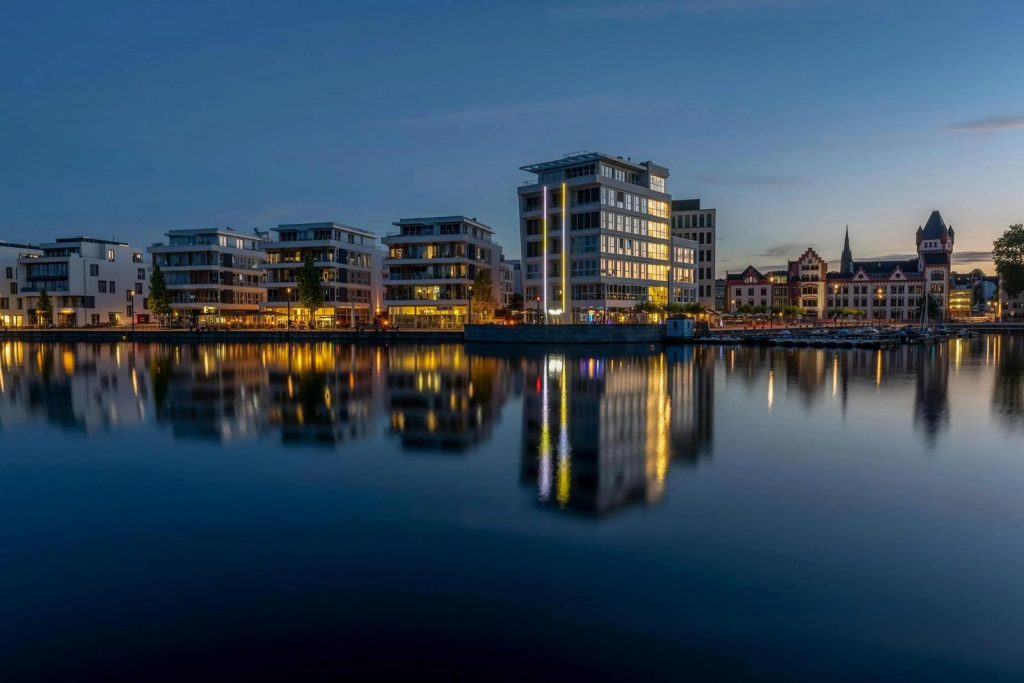
Dortmund, located in the heart of the Ruhr region in Germany, is a city known for its industrial heritage and vibrant cultural scene. Historically a center of coal and steel production, Dortmund has transformed into a dynamic urban hub with a strong focus on technology and innovation.
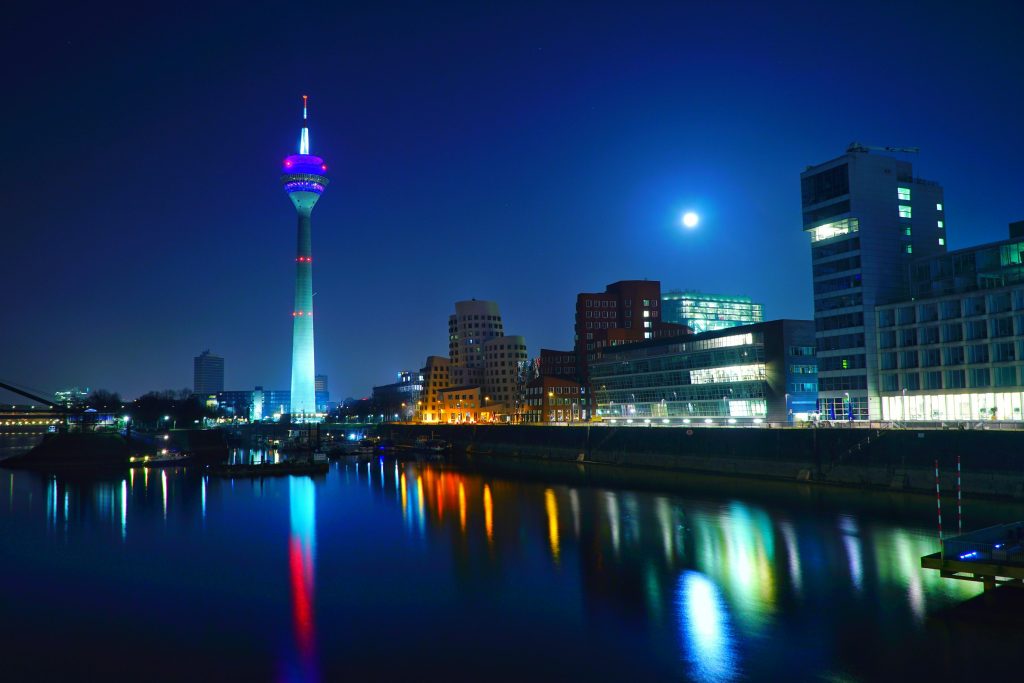
Düsseldorf, located on the banks of the Rhine River, is a lively city in western Germany known for its fashion, art, and modern architecture. Famous for its upscale shopping streets, particularly Königsallee, the city is a hub of luxury and design.
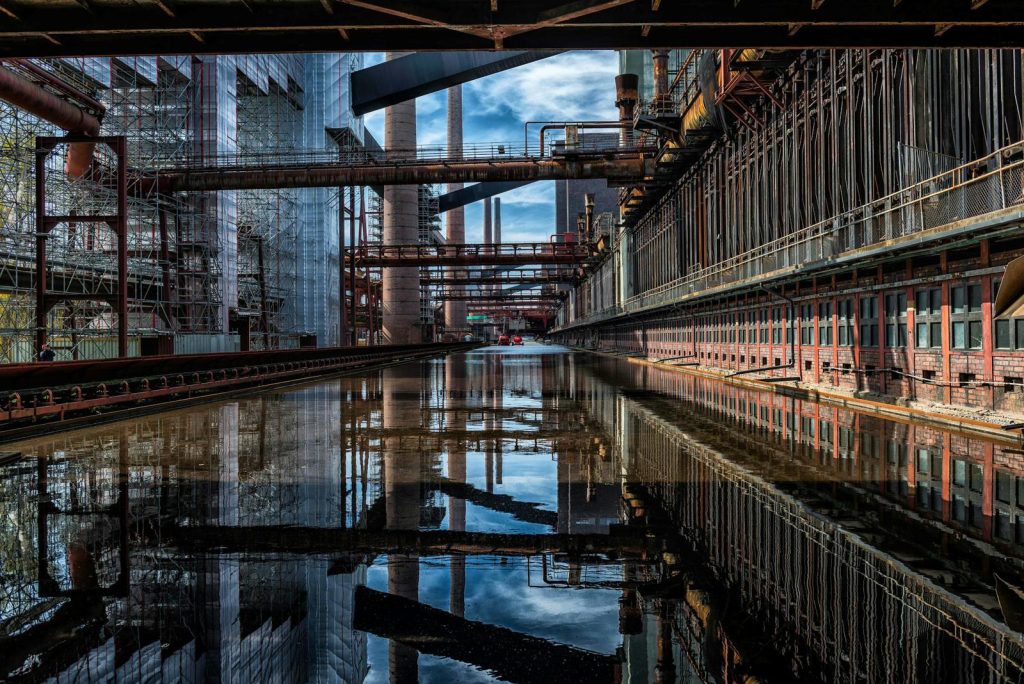
Essen, located in the heart of the Ruhr region in Germany, is a city known for its industrial past and vibrant cultural scene. Once a coal and steel hub, Essen has transformed into a modern city with a focus on sustainability and innovation.
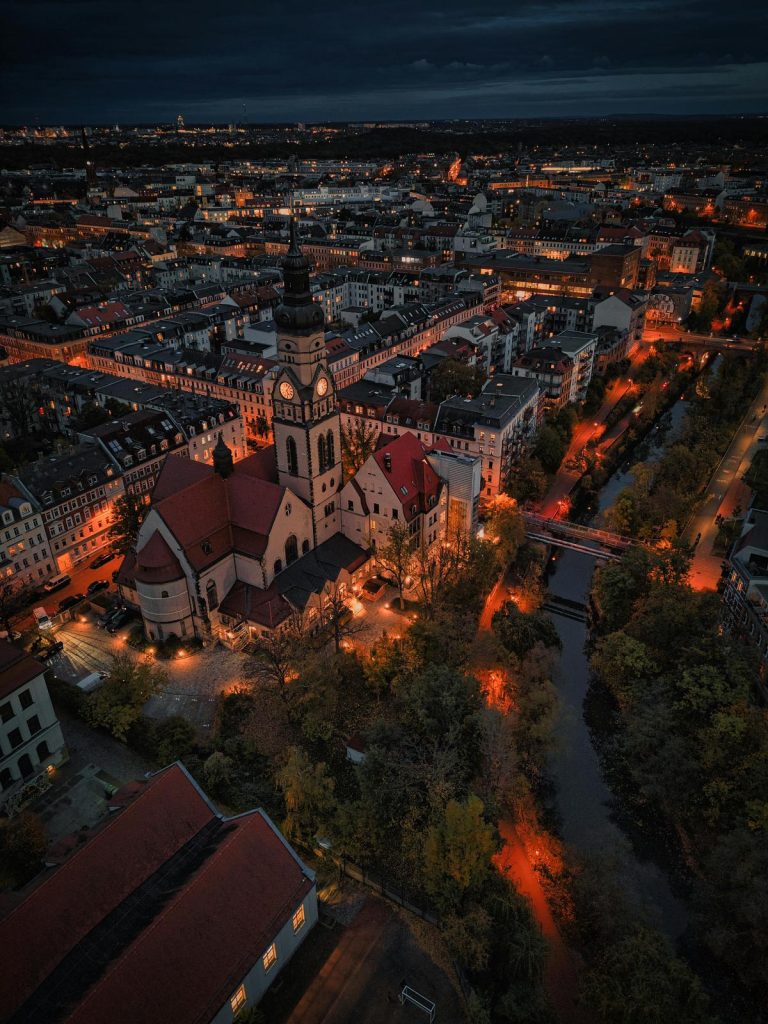
Leipzig, located in eastern Germany, is a city rich in history and culture, known for its role in music, literature, and trade. It was home to famous figures like composer Johann Sebastian Bach and writer Goethe, whose influence still resonates in the city’s vibrant arts scene.
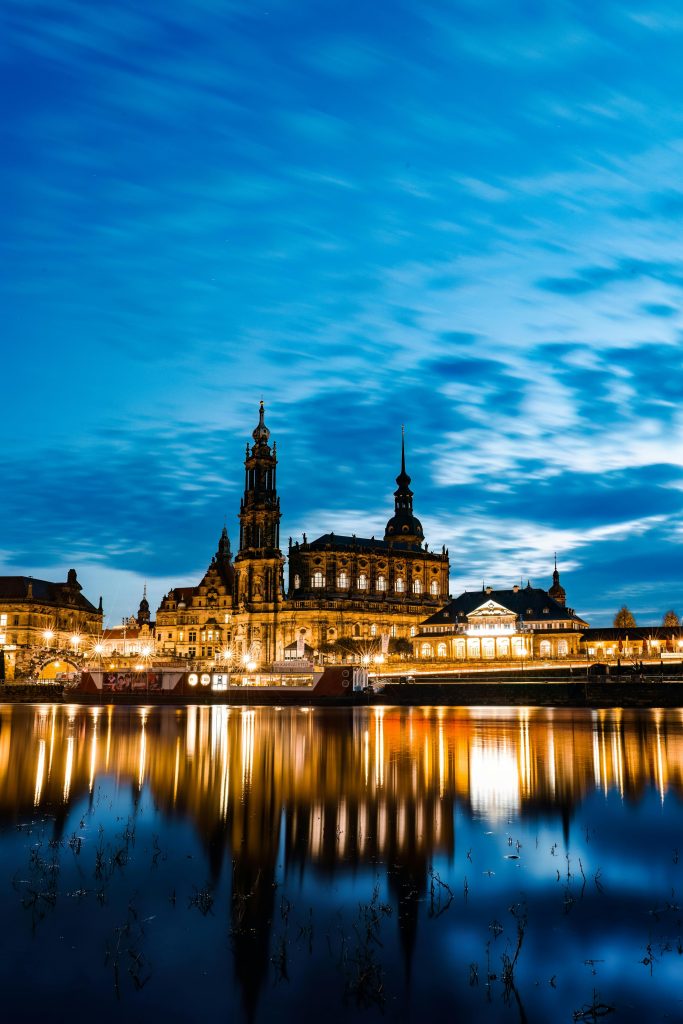
Dresden, located on the banks of the Elbe River in eastern Germany, is a city renowned for its stunning baroque architecture and rich cultural heritage. Often referred to as the “Florence on the Elbe,” Dresden is home to iconic landmarks like the Zwinger Palace, Frauenkirche, and the Semper Opera House.
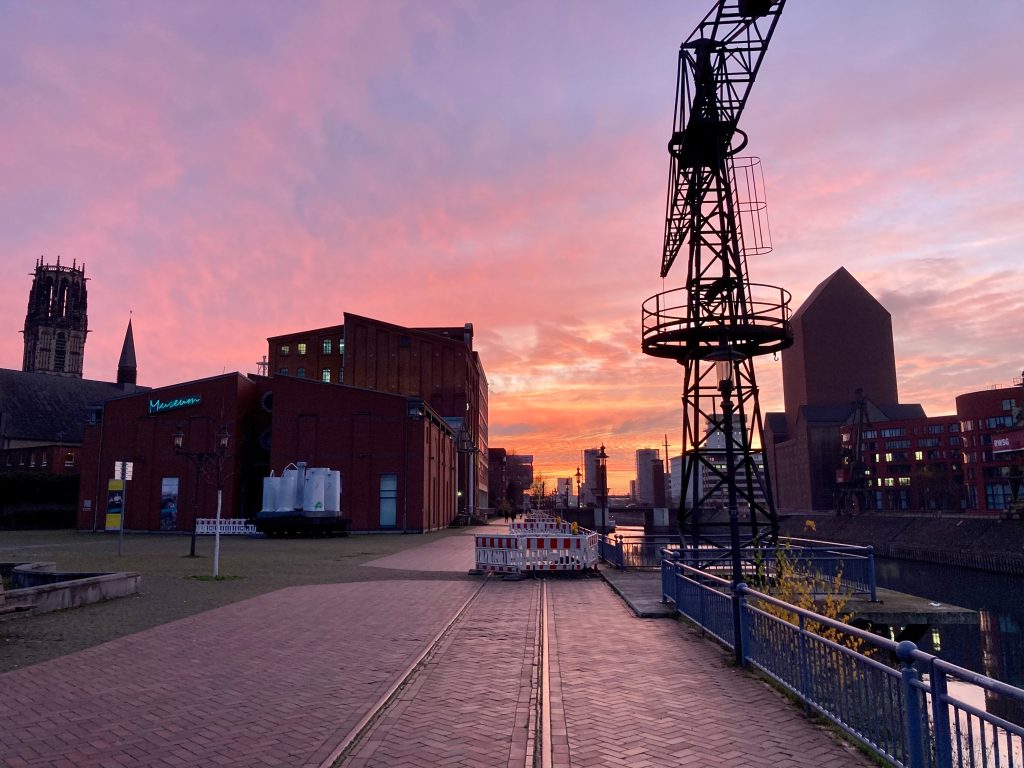
Duisburg, located in the Ruhr region of Germany, is a city known for its industrial heritage and impressive port, one of the largest inland ports in the world. Once a center of steel production and coal mining, Duisburg has transformed into a vibrant, modern city with a focus on innovation and sustainability.
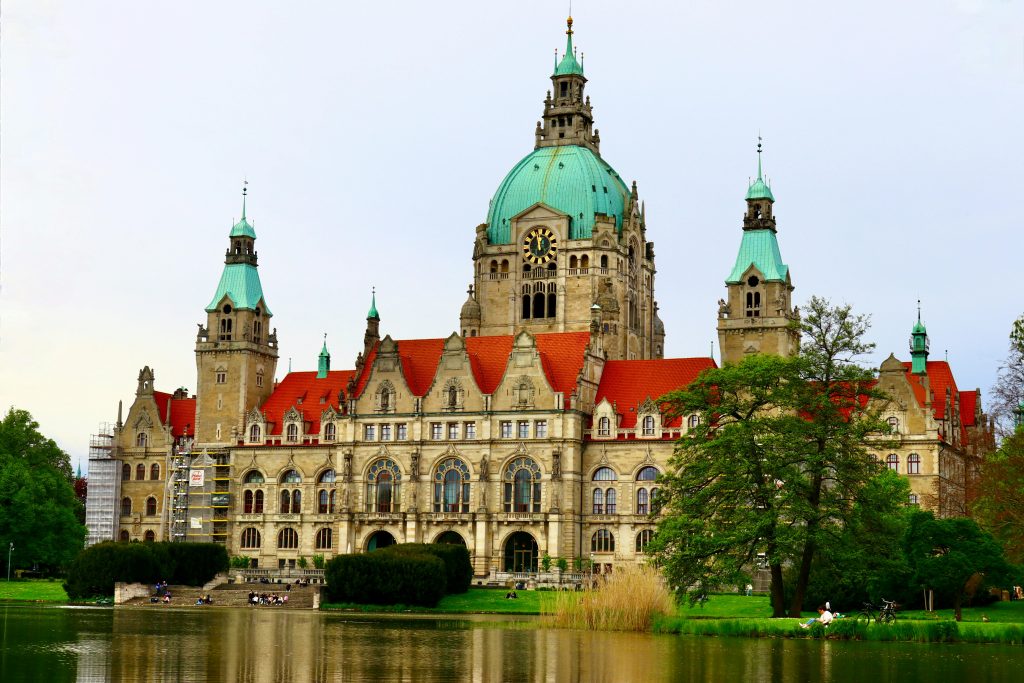
Hannover, located in northern Germany, is a city known for its green spaces, international trade fairs, and rich history. The city’s beautiful Herrenhausen Gardens, one of the most famous baroque gardens in Europe, offer a peaceful escape, while the historic Old Town is home to charming half-timbered houses.
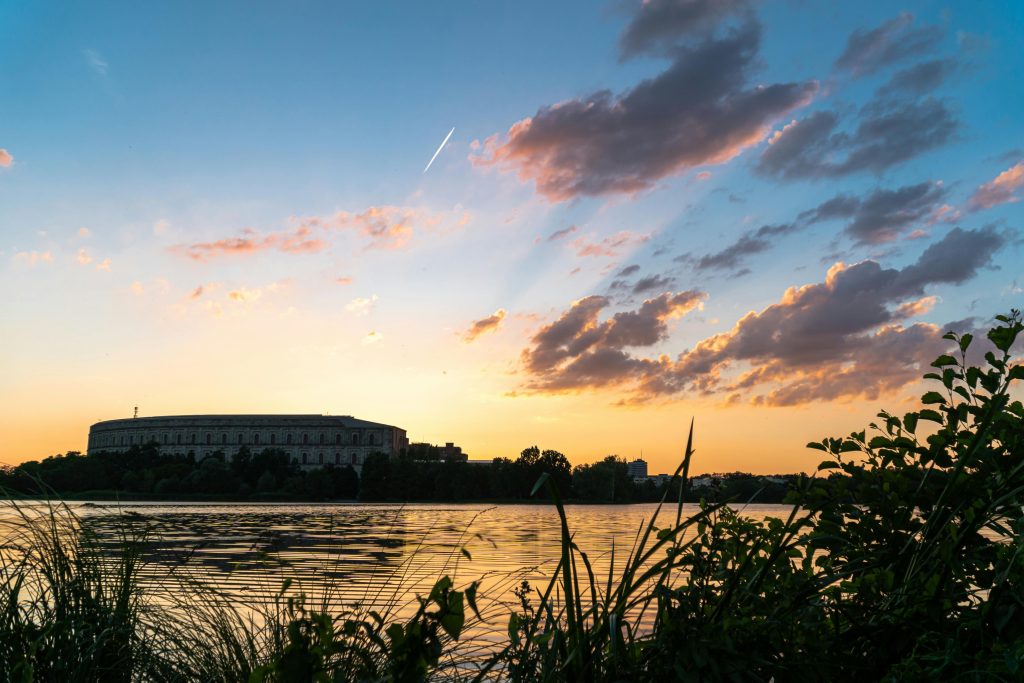
Nuremberg, located in southern Germany, is a city steeped in history, known for its medieval charm and significant cultural heritage. The iconic Nuremberg Castle offers stunning views over the city, while the medieval Old Town is home to cobblestone streets, historic buildings, and the impressive St.
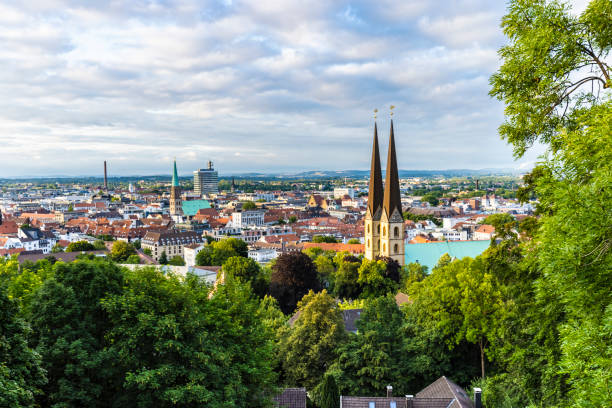
Bielefeld, located in the eastern part of North Rhine-Westphalia, Germany, is a city known for its picturesque landscapes and rich history. Surrounded by beautiful forests and hills, Bielefeld offers plenty of outdoor activities, while its historic sites, like the medieval Sparrenburg Castle, offer a glimpse into the past.
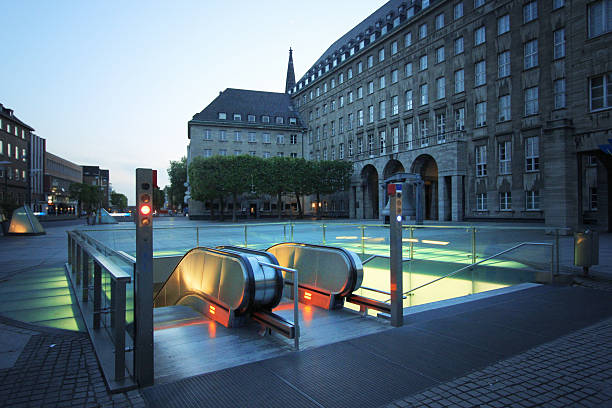
Bochum, located in the heart of the Ruhr region in Germany, is a city with a rich industrial history and a dynamic cultural scene. Once a major coal mining and steel production hub, Bochum has reinvented itself with a focus on technology, education, and the arts.
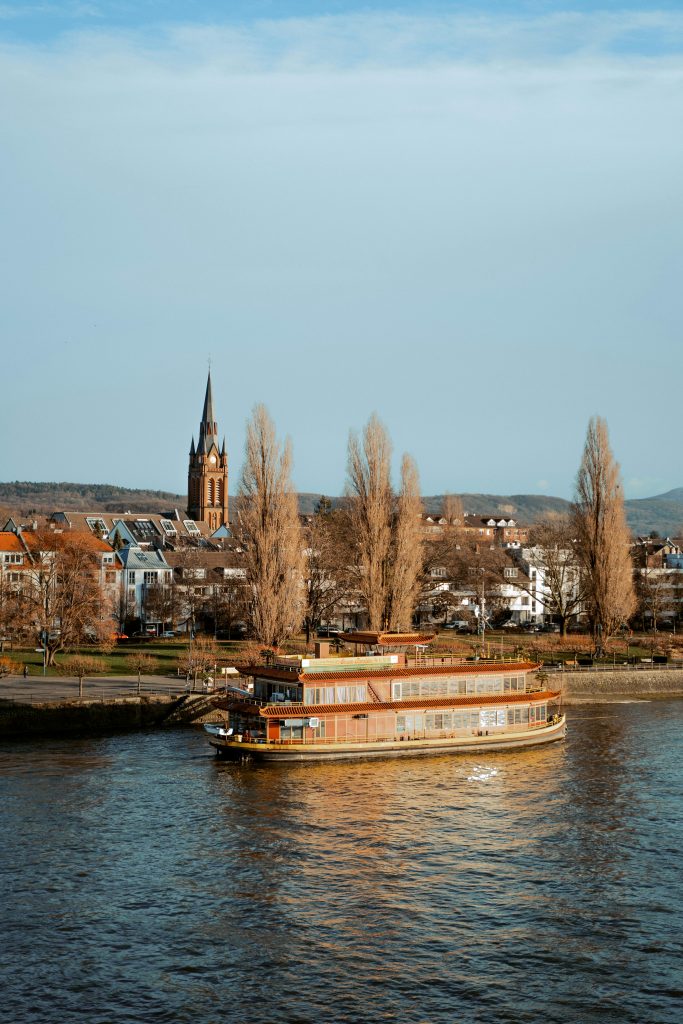
Bonn, located on the banks of the Rhine River in western Germany, is a city known for its rich history and cultural significance. Formerly the capital of West Germany, Bonn is home to historic landmarks like the Beethoven House, the birthplace of the famous composer Ludwig van Beethoven.
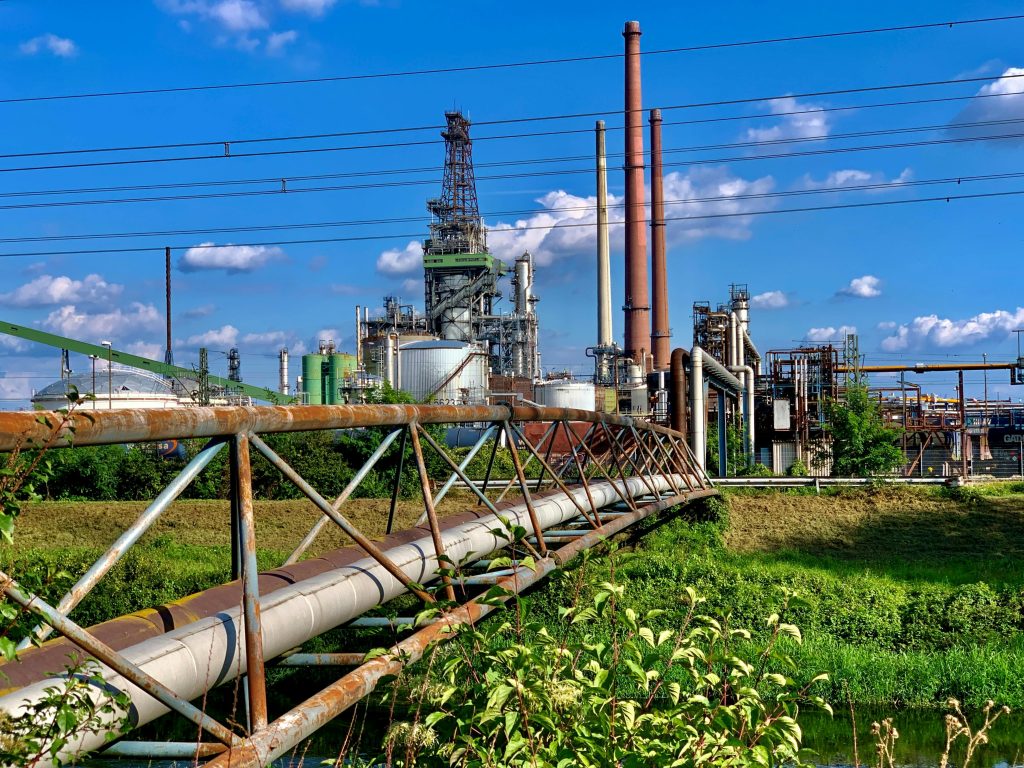
Karlsruhe, located in southwestern Germany, is a city known for its unique layout and blend of history and innovation. Often referred to as the “Gateway to the Black Forest,” Karlsruhe is famous for its distinctive fan-shaped streets radiating from the central Karlsruhe Palace.
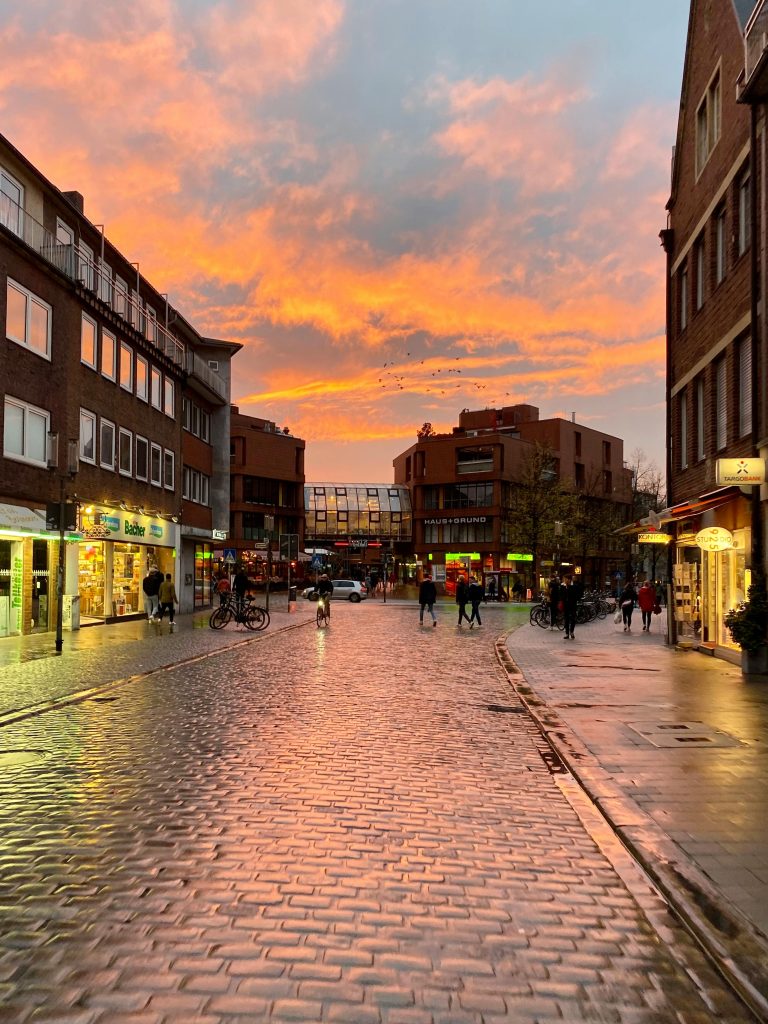
Münster, located in northwestern Germany, is a city known for its rich history, beautiful architecture, and vibrant university atmosphere. Famous for the Peace of Westphalia, which ended the Thirty Years’ War, the city is home to historic landmarks like the St.
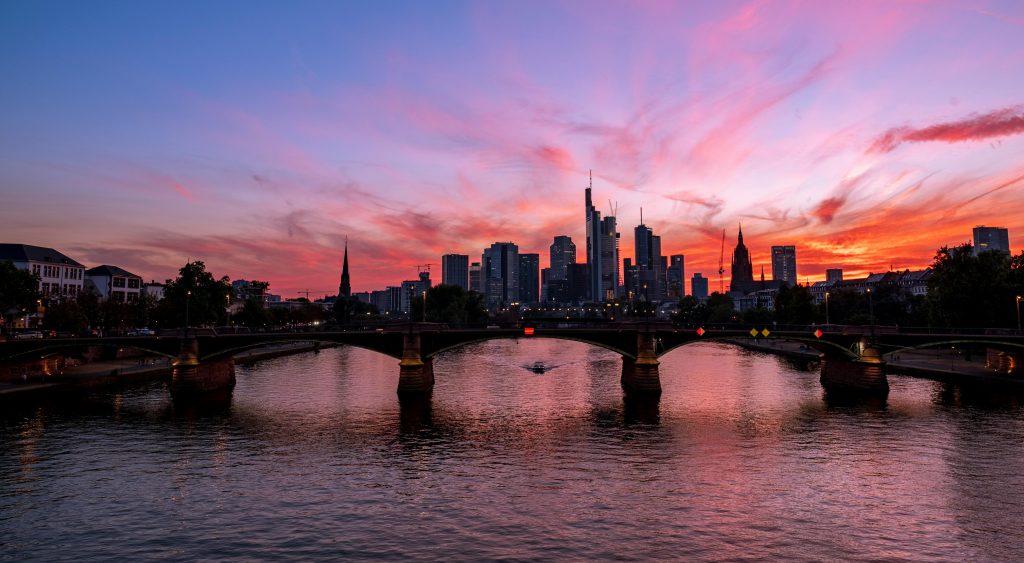
Frankfurt am Main, located in central Germany, is a dynamic financial hub and one of the country’s most important cities. Known for its modern skyline, often referred to as “Mainhattan,” Frankfurt is home to the European Central Bank and numerous global financial institutions.
Explore captivating tales and travel insights from our vibrant community of storytellers and adventurers.